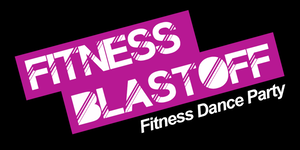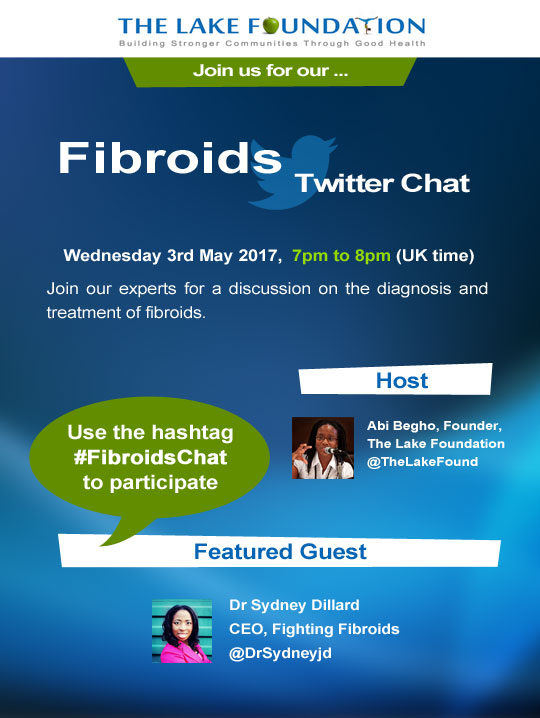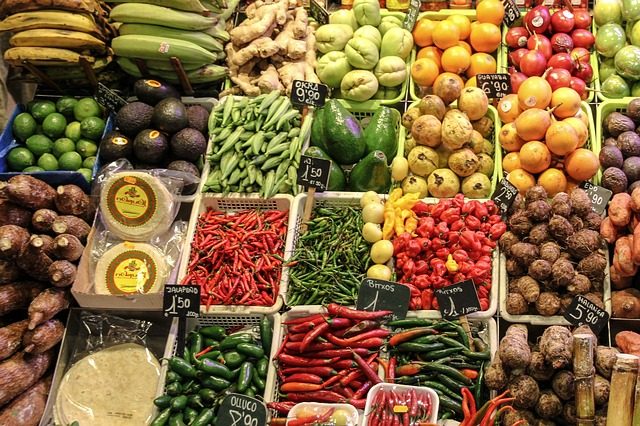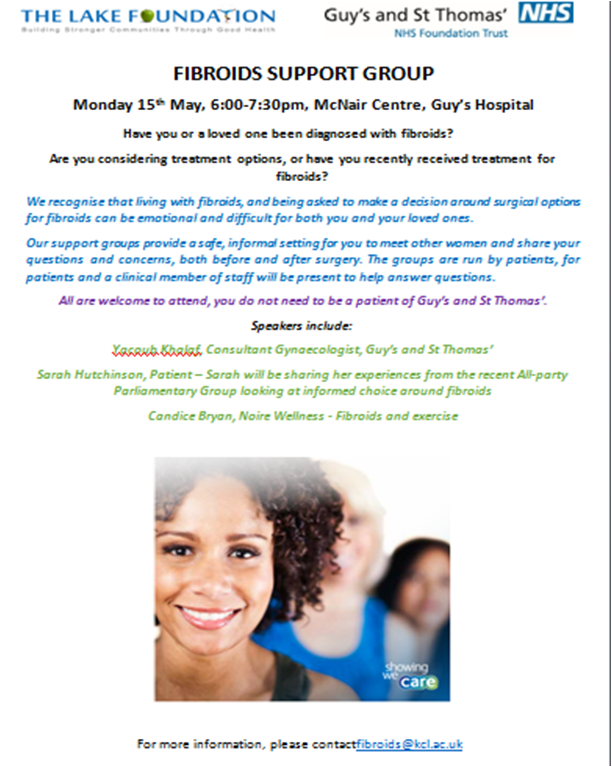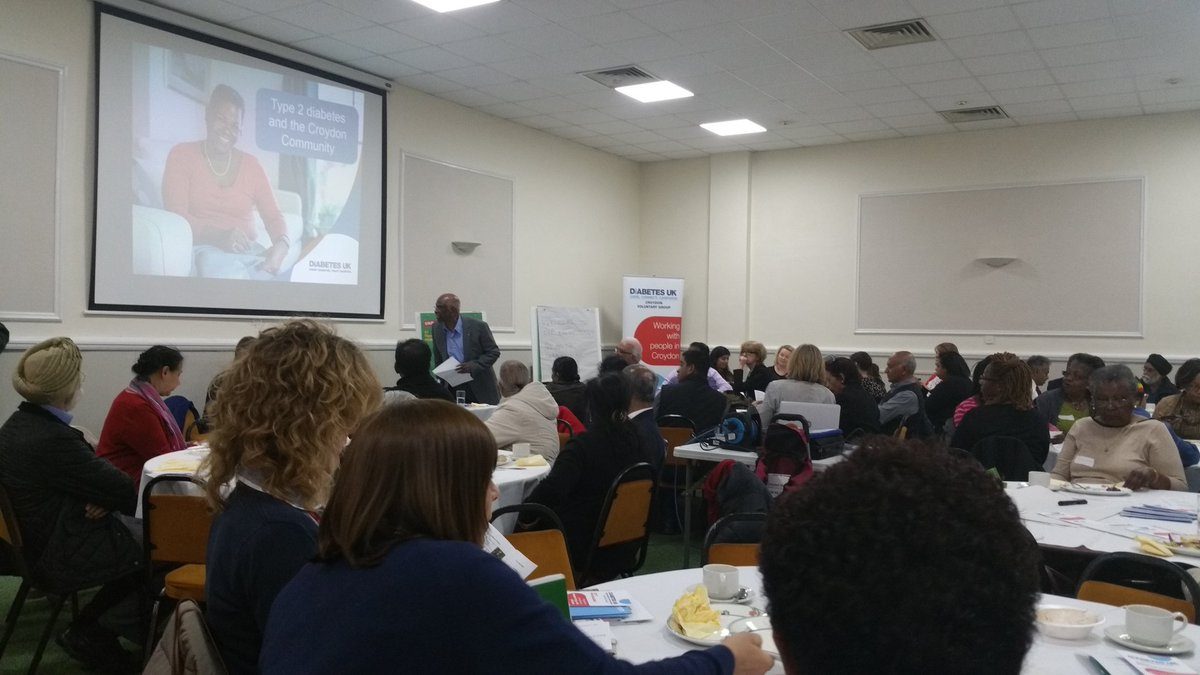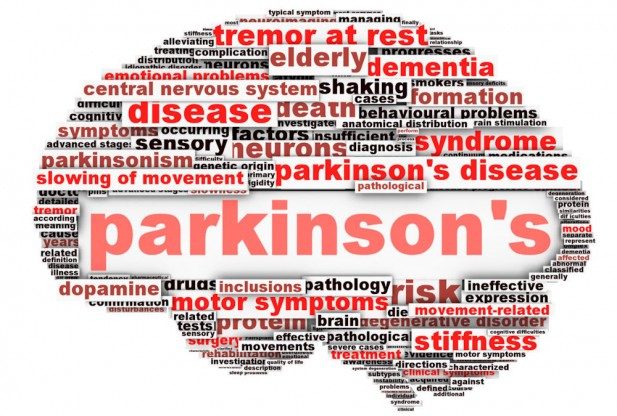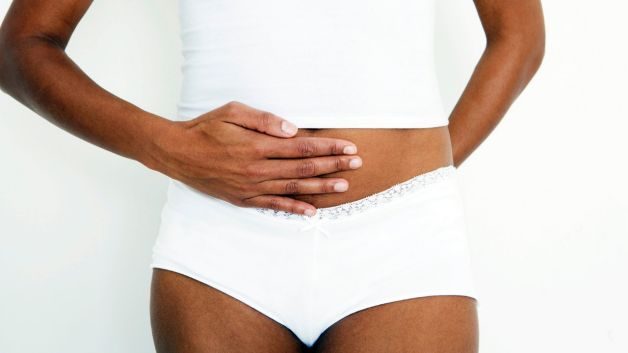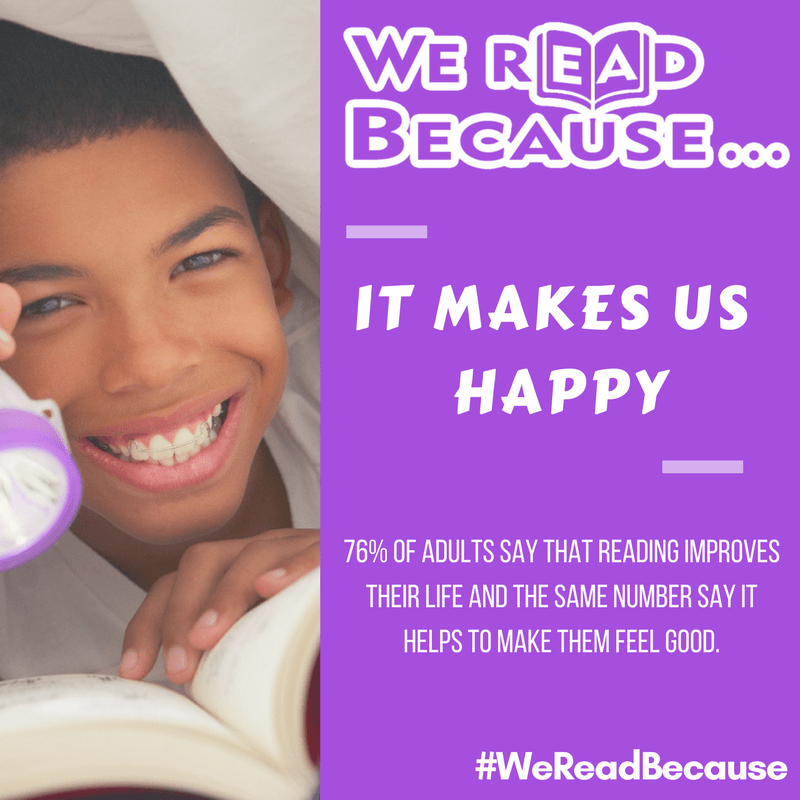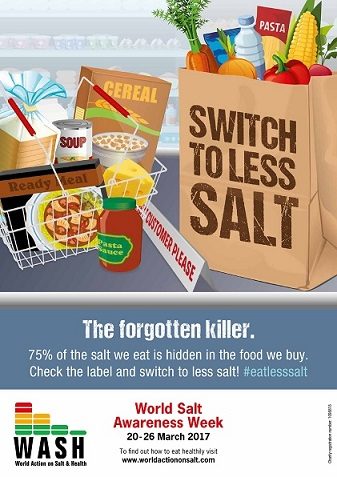Fitness Party – A great Way to Get People Active
With more than 20 million people in the UK reported to be physically inactive and thus not getting enough exercise, there is a need to find fun innovative ways to get people moving. With that in mind, last month we attended the Fitness Blastoff BASH, an event that we were really excited about as we loved the idea of a fitness party.
The Fitness Blastoff is an urban fitness dance party experience for men and women based in the UK. They work with a variety of aerobics instructors to create unique, fresh and lively workouts but with a party-like feel to it.
So on the 1st April, with a sense of excitement, we ventured to their BASH, we arrived late and as we walked through the door of the venue we were met with a huge number of people dancing to music blaring through the speakers as the DJ on the stage created a fantastic party atmosphere. It really did feel like a club, it was dark with a great vibe and some club lights too. What struck me as I walked around was the diversity in the room (young, old, black, white and all shapes and sizes) and the smiles – everybody was having a good time in their trainers, gym wear and with water bottles in hand.
As we tried to find a bit of space in the hall we suddenly heard the DJ say: “Are you ready for your 5 hour workout!??” Fear then set in as we all looked at each other and thought: “ I don’t think we’ll last 5 hours!”
After a few minutes of throwing our hands in the air and singing along with the rest of the crowd we were introduced to the first instructor, Alicja Blachut, for a 30 minute Jamaican Dancehall session called Mash It Up, this was a fast- paced, fun session where we learnt a routine to Ed Sheeran’s Shape of You. The time flew by and before we knew it, the 30 minutes was over and it was time for a 5 minute water break. This was followed by the sessions below, each with a 5 minute break afterwards:
- Old Skool Hip Hop with Ameila Aramu
- Afrobeats with Kwaku Agyemang of Azonto Fitness
- UK Garage with Karla Richards
- Bashment with Shallahni Rose
- Jungle with Faye Edwards of I.T Academy
- House with Kassidy Chaplin of Shuffle in Shape
- Soca with Andre Chacha of Addicted to Fitness
Believe it or not, we were having so much fun that the 5 hours flew by so quickly and at the end of the event we didn’t want to leave!
It was a very tiring day, but because it was so much fun, we didn’t actually feel it in the same way we have done when we’ve taken part in other fitness events where we’d be counting down the time to the end of the session.
The sessions we enjoyed the most were the Afrobeat, Jungle, Hip Hop and House sessions. The instructors were very engaging and had put a lot of thought into their sessions, making them easy to follow but very energetic.
The event was a massive success for so many reasons. Firstly, the variety of workouts, each session being so different made for an interesting and fun day; Secondly, the DJ. He was very good, he set the tone of the day creating a fun atmosphere, getting the crowd going and in between sessions got us dancing, waving our hands and doing various dances (loved it!); the organisation of the event. The event was really well organised, there was plenty of water on hand and lots of attention paid to the safety of attendees.
We applaud the team behind the Fitness Blastoff for their approach to getting people active. This was a creative and fun way to encourage people to take part in exercise and, from the variety of people in the room, we think it attracted a lot of people that running, cycling and traditional exercise wouldn’t appeal to, giving them an option that suits them. Plus I don’t think you could get a lot of people to exercise for 5 hours and still be smiling at the end of it, like this event did. The fact that people had so much fun meant they were motivated to keep going.
We’re so glad we attended the Fitness Blastoff Bash, we didn’t know what to expect and were pleasantly surprised, we had a wonderful time and most importantly we got a fantastic workout.
The Fitness Blastoff team’s next event, the Afrobeats vs Dancehall Fitness Pop-up Party, is on Saturday 27th May at 1pm and you can book your tickets here







